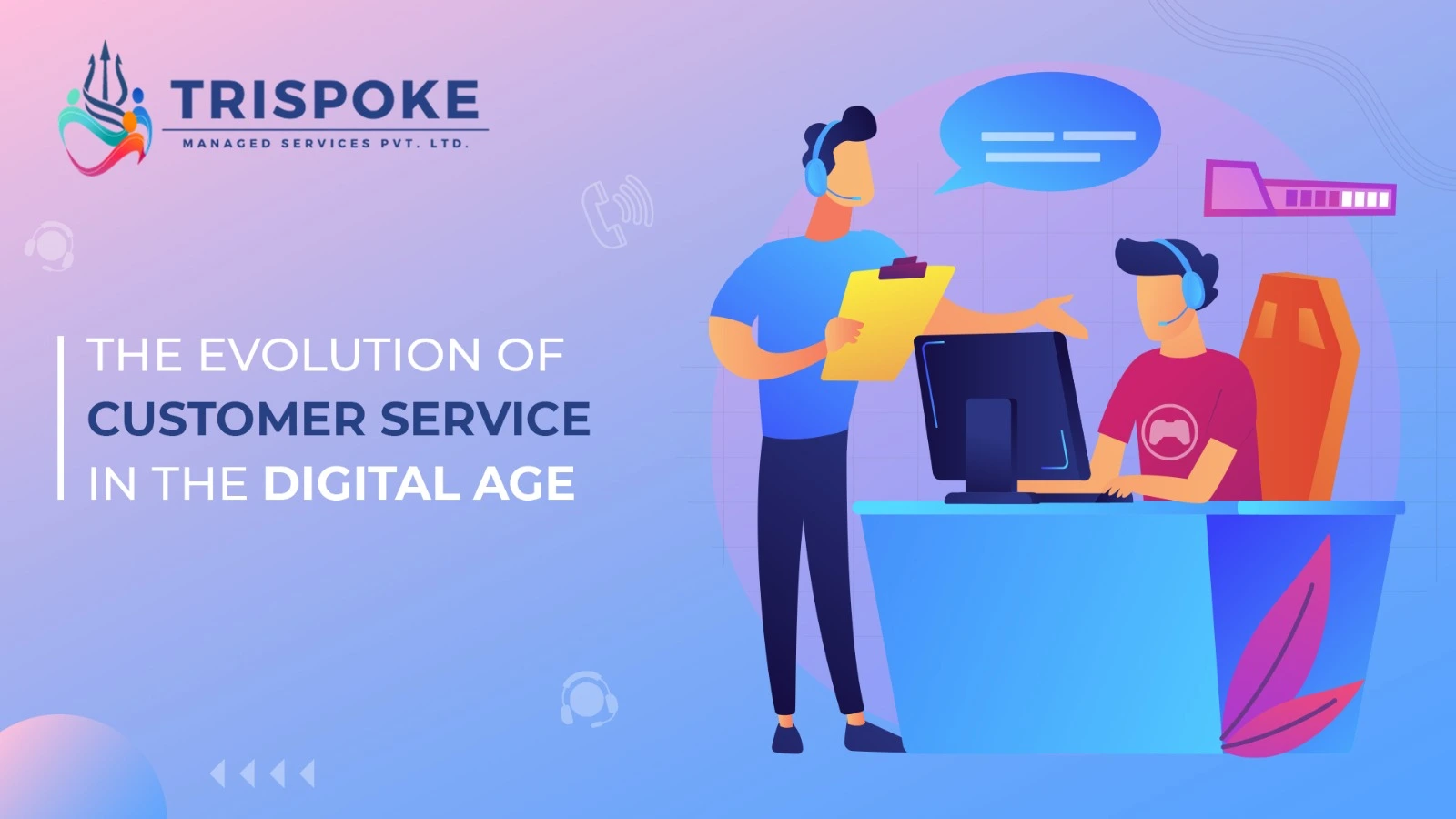Explore how customer service has transformed with digital tools and customer expectations.
In today’s fast paced digital world, customer service has progressed significantly, it has been motivated by technological advancement and growing customer needs. This progress has created efficient, personalized, and responsive service, aligning with the customer needs.
In this blog, we will discuss on the process which lead the transformation of customer service:
The Development of Multichannel Support
Communication is the key to success, so it is important to communicate with the customer through multiple channels. Previously, we had only two ways of communicating, either by phone or by in-person. Today, there are multiple channels which includes Email, Live Chat, social media, Mobile Apps, and other portals. These channels help us to communicate with the customers all around the globe.
Artificial Intelligence and Chatbot:
AI and Chatbot have reshaped the customer service by providing 24/7 availability, increased efficiency, customized solutions, and cost-effective operational costs. AI analyses the customer query and provides customized solutions accordingly. Eventually, AI can handle large number of queries in lesser time. This allows human to focus on more complex inquiries.
Omnichannel Integration:
Omnichannel Integration ensures seamless and unified customer experience by effortlessly connecting with the customers via various channels. Data are combined from various touchpoints to create a consolidated information of customer in order to create personalized communication. It helps the customer to have a smooth experience in order to switch channels and avoid repeating information.
Data Driven Insights:
The digital age provides numerous data that can be used to improve the customer service. Analyzing the customer feedback from survey, interviews, and social media helps to identify the areas that can be improved. Metrics like performance metrics and behavioral metrics helps in understanding the customer behavior to predict the needs and proactively offer solutions. These metrics helps in understanding the response time, resolution time, and customer satisfaction scores are being tracked to maintain the standard.
Personalization and Customization:
Today’s consumer expects a personalized experience in order to reflect their preferences in their choices. By using customer segmentation, clients are being organized according to their demographic, behaviour, and interests to personalize communication. Customized communication includes customer name, past communication details, and any other information which can enhance the relationship.
Advanced Training and Tools:
Customer service agents are being trained on advanced tools like Customer Relationship Management (CRM), which helps the agents to stay updated with the customer database. AI assistants help with recommended response and provides relevant information, helping agents deliver relevant responses. The agents are being trained regularly on the latest trends, technologies, practices, by maintaining high standards.
Conclusions
Customer service has been evolved by the help of the digital transformation. It helps in reshaping the process more efficient, personalized, and responsive. By adapting to the digital tools, the business can offer an exceptional service with loyalty and enhance the overall customer experience.

